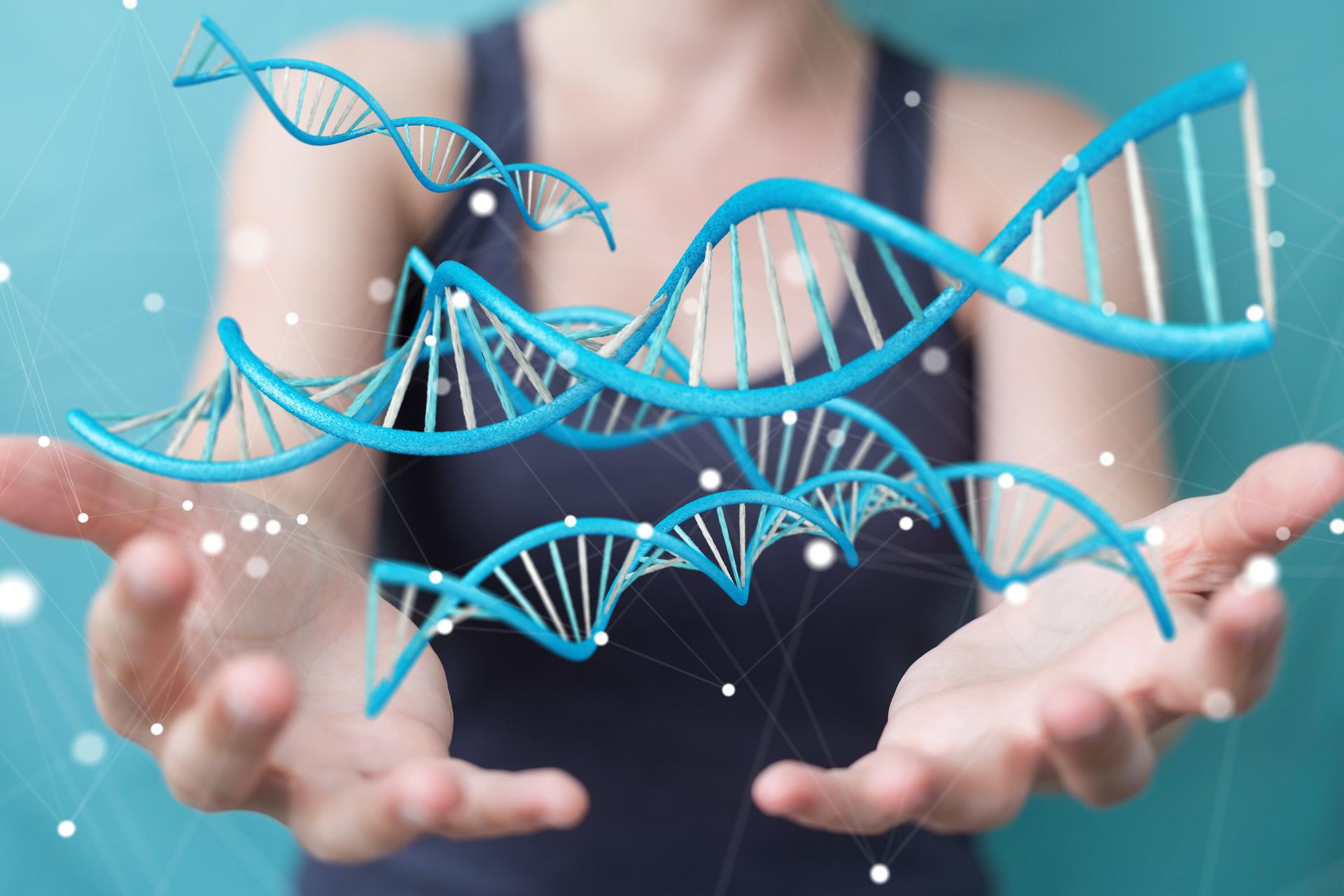Child's DNA Doesn't Match Father. Now What?
Imagine your child's DNA test does not match the father. What does it even mean? Could an error cause this? This discovery can feel like a startling and emotional experience. Learn more about a child's DNA mismatch and potential errors in this blog.
For peace of mind and clarity, consider purchasing a DNA home testing kit or getting a DNA test at your nearest Health Street collection site. Accurate and confidential, our tests can provide the answers you seek.
Listen to article

Understanding a Child's DNA Mismatch
Below, we cover some common reasons a child's DNA might not match the father's.
Common Reasons for DNA Discrepancies
Several factors may cause a DNA mismatch. Some reasons for DNA discrepancies can include:
Emotional and Psychological Impacts
The conclusive evidence that paternity testing provides families can stir many emotions. Some emotional and psychological impacts genetic results can have on families may include:
Seeking support and counseling
Whether you feel a sense of relief or devastation with a DNA test result, professional support may help process the information.
The Importance of Accurate Paternity Testing
Choosing a reliable DNA testing service, like Health Street, can help avoid common drug testing mistakes and obtain accurate results.
Why Choose Health Street?
Health Street DNA testing is offered nationwide. We use AABB-certified laboratories to ensure the highest standards of genetic testing accuracy. Our simple cheek swab method makes the process painless, non-invasive, and quick, with an accuracy rate of 99.9%.
Specialty DNA Testing Offered
We offer specialty DNA Testing options, including post-mortem DNA analysis and prenatal genetic testing.
Understanding genetics before birth
Prenatal genetic testing can help determine a child's paternity before birth. Our prenatal DNA testing is safe for the mother and fetus, with no added risk to the pregnancy.
Methods of Collecting DNA
DNA can be collected in multiple ways, from blood to cheek swabs, semen, hair, or fingernail sampling.
Common Collection: The Cheek Swab
One of the most popular collection methods is a cheek swab. But what makes this option so popular?
Retesting and Verification
Importance of confirming results
Working with a trusted partner can help you feel confident and fully understand the DNA test results, eliminating the need for retesting.
Choosing Health Street for a reliable retest
A Health Street DNA test can be used for peace of mind or as legal paternity testing. Our cheek swab DNA test is the most popular choice.
Frequently Asked Questions
Is it possible for a child not to have the father's DNA?
The child will always have DNA from the biological father, except in very rare cases like chimerism.
Can a father and son have different DNA?
Yes. A child inherits 50% of their DNA from each parent, so variations between a father's and son's DNA are normal.
What if the DNA results are not the father's?
If the results indicate a 0% probability of paternity, then a mismatch between the child and father has been confirmed. In other words, the man is not the biological father.




